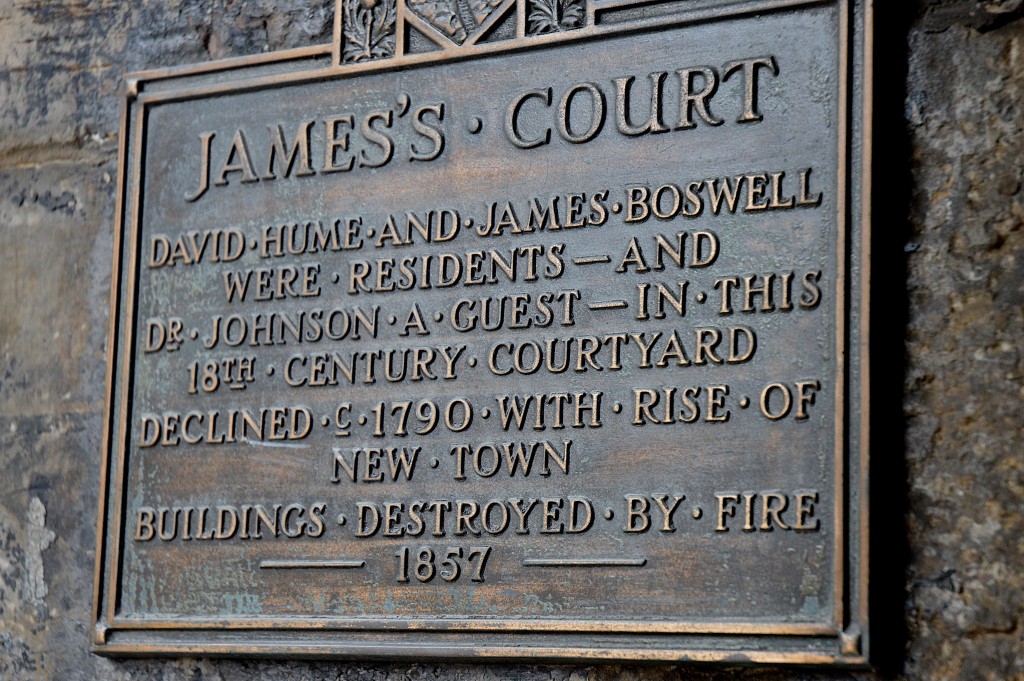One of the best things about the The Economist is the imaginativeness of its cover art. This week’s is a good example.
Category Archives: Asides
Do not try this yourself
Hackers for hire
You can get anything on the Web, apparently, including hackers for hire. Good analysis of the ‘service’ by Jonathan Mayer here.
“HEADLESS BODY IN TOPLESS BAR”…
… was the timeless tabloid headline devised by Vinnie Musetto, a former editor at the New York Post, who recently passed away and was accorded respectful obituaries in various newspapers. It ranks with “Small Earthquake in Chile. Not many dead”, which Claud Cockburn claims once won a competition at the London Times for the most boring headline.
Writing in the New Yorker, John Cassidy sees a new role for the late Mr Musetto as “the Godfather of Clickbait”. He’s right.
New models of journalism?
We’ve been having conversations on my Press Fellowship programme about what journalism should be like in a digital era. In thinking about different models, I remembered some of the astonishing stuff done by John Oliver in his TV show — for example his terrific exposé of the NCAA — and this programme about Edward Snowden and surveillance.
Most print journalists would probably not regard Oliver as a journalist, for a variety of reasons but mainly because he appears to mix fact and opinion so readily and powerfully. Well, he does mix them, but on the other hand he really makes people think. Witness the impact that his programme about Net Neutrality had. We don’t know how many of the four million public submissions received by the FCC were directly attributable to Oliver’s show, but I’m willing to bet that a lot of them were. And in the end the FCC bowed to that public pressure.
Straight up
Ignore the hideous music, and watch the near-vertical takeoff. And then ask yourself if RyanAir will buy some.
Remembering Charles Kennedy
Very nice, generous tribute in the Economist:
Bad times for his party, the union, Britain’s place in Europe: Mr Kennedy’s death speaks to all these. Yet for the many who mourn him, it is above all dreadfully sad, because he was delightful, and in fact this was the main reason for his success. He was, extraordinarily in politics, without malice. He was never, despite his remarkable precociousness, pompous. His jokes, which were frequent, were usually aimed at himself, the institution he served, or both.
Narrating a television documentary on the House of Commons last year, he glanced up, on camera, at a mosaic of St Andrew that towers over Central Lobby. The patron saint of Scots, he quipped, had been positioned to signal the way to the bar. Though he was a political insider—an MP at 23, for goodness sake—Mr Kennedy’s plain good humour always suggested he had a foot in that ruder soil, the real world, which matters most. And that, O politicians, is why he was loved.
Amen.
The ghosts of C.P. Snow
I had dinner the other night in Christ’s and as I was walking out through Front Court, with the Master’s Lodge in the far corner, I was suddenly reminded of C.P. Snow’s novel The Masters and fell to musing that, at least architecturally, not much had changed since the events recorded in the book. I re-read it recently, and concluded that, as a novel, it’s rather feeble. But as a sociological study of a part of Cambridge society in the 1930s it’s actually rather good, and I suspect pretty accurate.
Yahoo Pipes, RIP
Sigh. One of the (few) great things that Yahoo did. And they’re dumping it.
Most heartbreakingly for a lot of developers, Yahoo Pipes is getting shut down at the end of August. Yahoo Pipes is a service that let people build custom web applications that could pull in all kinds of data from all over the internet.
When Pipes launched back in 2007, it was widely heralded as ahead of its time. Tech expert Tim O’Reilly called Pipes “a milestone in the history of the internet.” It was sort of a precursor to Mashery, which helps companies manage and blend data from different sources (including public web sources), and If This Then That (ifttt), which lets people create simple “recipes” like “text me the weather every morning” by combining different data sources and apps.
But Yahoo never seemed to know what to do with it; it never got as many users as the company would have liked, and so now it’s going to be cut.
My colleague Tony Hirst did some great stuff with Pipes. I even built stuff with it myself.





